SHERLOCK: A python pipeline to explore space-based observations in the search for planets
- 1Astrobiology Research Unit, Université de Liège, Allée du 6 Août 19C, B-4000 Liège, Belgium
- 2Space sciences, Technologies and Astrophysics Research (STAR) Institute, Université de Liège, 19C Allée du 6 Août, B-4000 Liège, Belgium
- 3Dpto. Física Teórica y del Cosmos, Universidad de Granada, 18071, Granada, Spain
In this porter, we present SHERLOCK, an end-to-end pipeline that allows the users to explore the data from space-based missions such as TESS and Kepler/K2 to search for planetary candidates. It can be used to recover alerted candidates by the automatic pipelines such as the Science Processing Operations Center (SPOC) and the Quick Look Pipeline (QLP), the so-called Kepler objects of interest (KOIs) and TESS objects of interest (TOIs), and to search for candidates that remain unnoticed due to detection thresholds, lack of data exploration or poor photometric quality. To this end, SHERLOCK has six different modules to (1) acquire and prepare the light curves from their repositories, (2) search for planetary candidates, (3) vet the interesting signals, (4) perform a statistical validation, (5) model the signals to refine their ephemerides, and (6) compute the observational windows from ground-based observatories to trigger a follow-up campaign. To execute all these modules, the user only needs to fill in an initial yaml file with some basic information, such as the star ID, the cadence to be used, etc., and use sequentially a few lines of code to pass from one step to the next. Alternatively, the user may provide SHERLOCK with the light curve in a csv file, where the time, the normalized flux, and the flux error need to be given in columns comma-separated format. SHERLOCK is being used in the SPECULOOS project, which is searching for transiting Earth-sized planet orbiting ultra-cool stars in the habitable zone. These planets provide the best opportunities for future atmospheric characterization of temperate small rocky worlds. In addition, SHERLOCK is used in the FATE project, a survey that aims to find transiting planets orbiting hot subdwarfs. Thanks to their small sizes, these stars represent excellent opportunities for addressing the question of the evolution of planetary systems once their host stars left the main sequence and passed through the red giant branch phase. SHERLOCK is an open-source friendly-user package available at https://github.com/franpoz/SHERLOCK
How to cite: Pozuelos, F. J., Dévora-Pajares, M., Thuillier, A., Van Grootel, V., and Suarez Yanes, J. C.: SHERLOCK: A python pipeline to explore space-based observations in the search for planets, Europlanet Science Congress 2022, Granada, Spain, 18–23 Sep 2022, EPSC2022-970, https://doi.org/10.5194/epsc2022-970, 2022.

